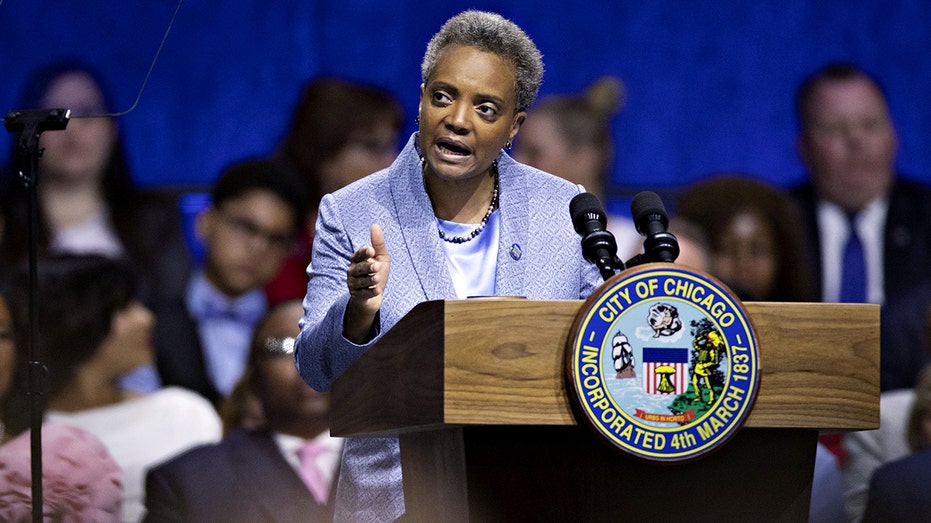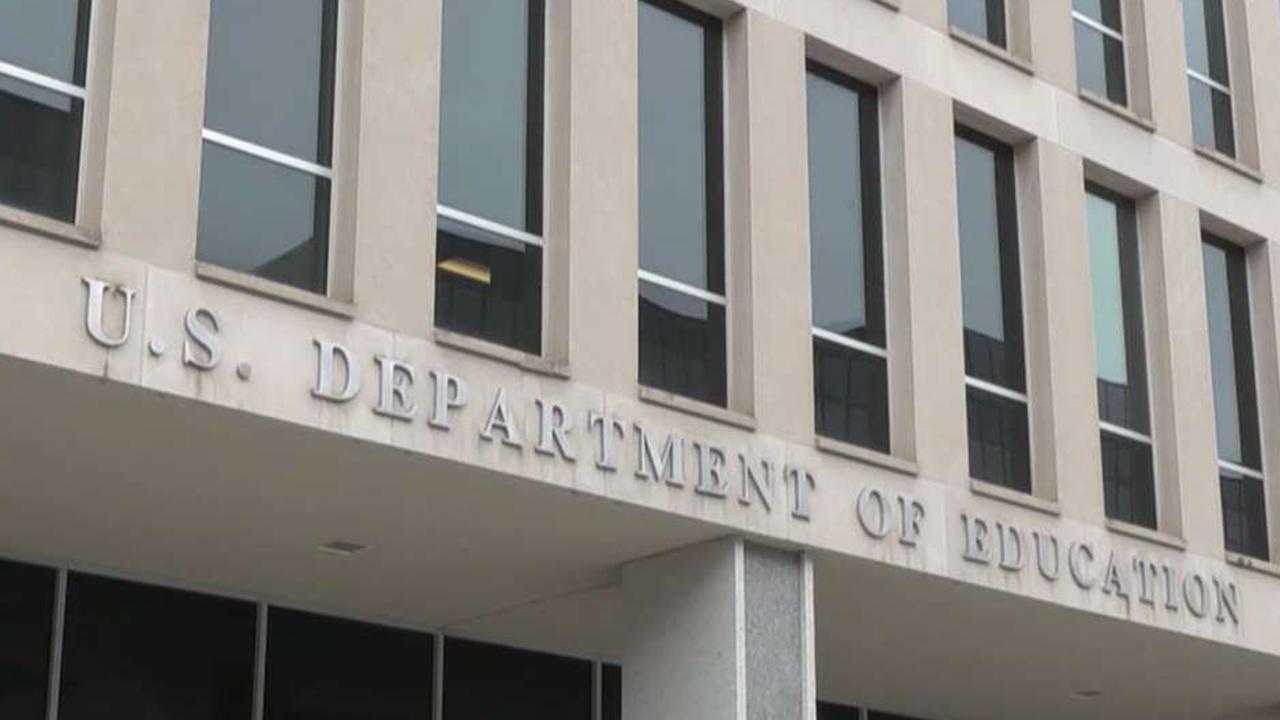Working parents scramble for childcare anticipating teacher strike
Chicago Mayor Lori Lightfoot announced that public school classes will be canceled Thursday, when Chicago Teachers Union members are expected to strike.
That means working parents will be scrambling to find childcare — and pay for it.
The average weekly cost at a childcare center is $213, which breaks down to roughly $42 dollars a day, according to Care.com prices from 2018. But those numbers may not tell the whole story.
Lightfoot said Wednesday that the strike should not be taking place and that she has already given in to many of the union's concessions, including the offer of a 16 percent pay raise, The Chicago Sun-Times reported. The union has been pushing for capped class sizes and more social workers, case managers and school nurses.

Lori Lightfoot, mayor of Chicago, speaks after being sworn in during an inauguration ceremony in Chicago, Illinois, U.S., on Monday, May 20, 2019. Photographer: Daniel Acker/Bloomberg via Getty Images
"We value the workers ... Honoring that value is who I am and what I stand for," Lightfoot said according to The Sun-Times. "But I also must be responsible for the taxpayers who pay for everything that goes on."
If the union decides to strike, it's unknown how long it will last. That could put a squeeze on working parents. Although a day's worth of childcare may not break the bank, there are other factors to consider
Chicago teachers last major strike was in 2012, and the district kept some schools open for half days during that seven-day walkout. District officials said this time they will keep all buildings open during school hours, staffed by principals and employees who usually work in administrative roles.
Breakfast and lunch will be served, but all after-school activities and school buses are suspended in the district serving more than 300,000 students.
June Davis said if teachers strike, she would likely send her 7-year-old son, Joshua, to his usual elementary school — Smyth Elementary on the city's south side where almost all students are low-income and minority.
Davis, 38, said she would otherwise have to take her son to his grandmother's in a southern suburb, requiring an hourlong trip on a regional bus line.
"Everybody's hoping they will come to some kind of agreement, find some compromise," Davis said.
Janice Jackson, the district's CEO, said earlier this week that more than 80 percent of families with students in Chicago's public schools are considered low-income.
GET FOX BUSINESS ON THE GO BY CLICKING HERE
"We have parents, who if they don't go to work, they don't get paid," Jackson said. "So, we need to make sure that there is a place for their children to go so that they can continue doing what they need to do to support their families."
The Associated Press contributed to this report.




















